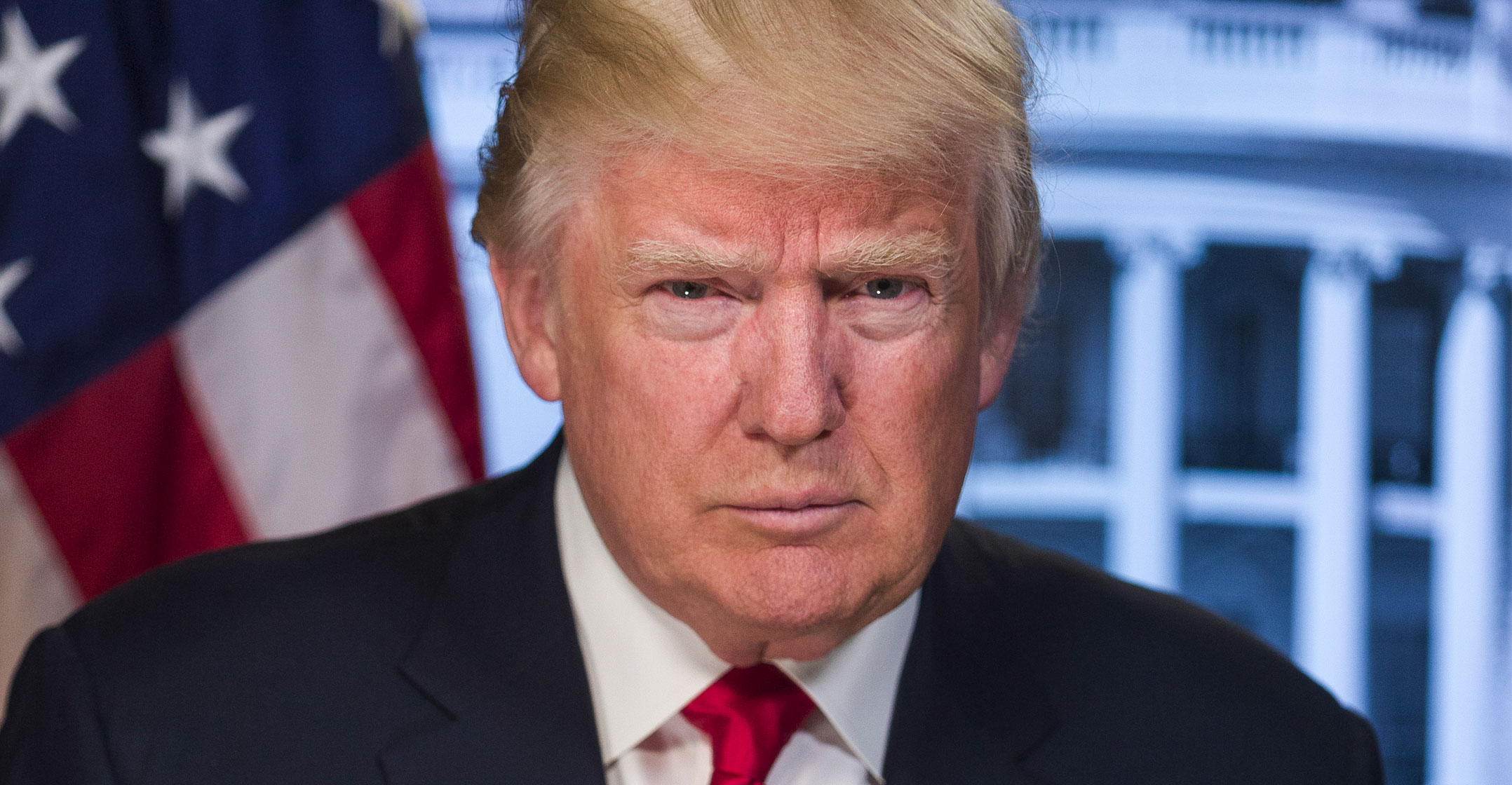 Donald Trump has ratcheted up his battle with China for dominance of 5G technology networks, moving to curb Huawei’s access to the US market and American suppliers.
Donald Trump has ratcheted up his battle with China for dominance of 5G technology networks, moving to curb Huawei’s access to the US market and American suppliers.
The US president signed an order on Wednesday that’s expected to restrict Huawei and fellow Chinese telecommunications company ZTE from selling their equipment in the US. Shortly afterward, the department of commerce said it had put Huawei on a blacklist that could forbid it from doing business with American companies.
The pair of actions risk aggravating Beijing as the American president seeks to pressure China’s leaders into agreeing to a wide-ranging trade deal. Trump has threatened to impose tariffs on almost all imports from the world’s second largest economy after last week hiking duties on some US$200-billion in Chinese products.
In the executive order, which didn’t name any countries or companies, Trump declared a national emergency relating to threats against information and communications technology and services. The commerce department’s move to put Huawei on its “Entity List” means US companies will need a special licence to sell products to the Chinese company. A similar move against ZTE last year nearly forced the company to shut down before Trump intervened and a deal was reached.
Barring Huawei from buying American components could deal the Chinese giant a severe blow, and potentially impede the global roll-out of the 5G networks that are expected to support everything from autonomous cars to smart homes.
“The impact is well beyond its 5G ambitions because without these American suppliers like Qualcomm and Marvell, it can’t even keep a normal operation,” said Roger Sheng, a China-based analyst with Gartner. “One question remains unanswered though, is how strictly will the US execute the ban.”
International campaign
The administration has for months mounted an international campaign pinpointing Huawei as a security risk. US prosecutors have indicted the company on charges of trade-secret theft and had Canada arrest a key executive on sanctions charges. Diplomats pressing allies to bar Huawei from 5G networks have said the company is subject to Chinese law that demands cooperation with security services, raising the specter of espionage. Huawei leaders have insisted their company operates independently of the Chinese government and that its products aren’t used for spying.
Shares in the Chinese company’s Asian suppliers, including Sunny Optical Technology Group and AAC Technologies Holdings, tanked on Thursday. Huawei is estimated to devote almost a fifth of its spending to American companies from Micron Technology to Qualcomm. Blocking that supply not only threatens to wallop those US suppliers’ business, it could also impede Huawei from making everything from smartphones to networking gear. If that happens, countries and telecoms carriers around the world that are already shelling out billions to build 5G networks may have to rely on equipment from Nokia and Ericsson.
Restricting Huawei from doing business in the US “will only serve to limit the US to inferior yet more expensive alternatives”, the Shenzhen-based company said in a statement in response to Trump’s actions on Thursday.

The executive order doesn’t outright ban US sales by the companies, but would give greater authority to the commerce department to review products and purchases by firms connected to adversarial countries, including China. Commerce, in conjunction with national security agencies, is expected to determine who’s considered an adversary as part of regulations to be written in the next 150 days.
Technology or services “designed, developed, manufactured or supplied” by companies subject to the jurisdiction of US rivals, “augments the ability of foreign adversaries to create and exploit vulnerabilities in information and communications technology and services, with potentially catastrophic effects”, the order says.
Trade talks between the US and China are teetering after Beijing reneged on tentative agreements, according to the president and American officials. An administration official said Tuesday that the order on telecoms technology is unrelated to the recent escalation of the trade conflict.
The officials asked not to be identified discussing the order because it concerns national security. — Reported by Margaret Talev, Todd Shields and Shawn Donnan, (c) 2019 Bloomberg LP




